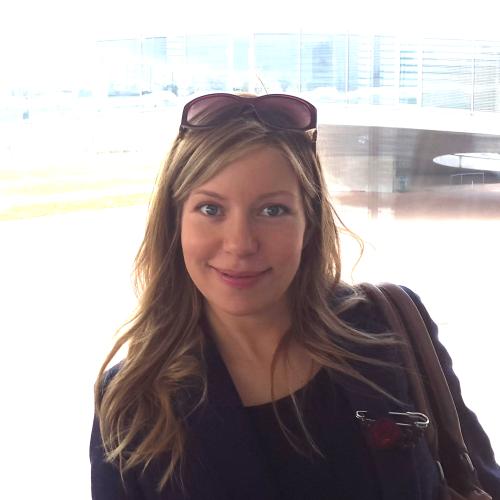Assistant Professor
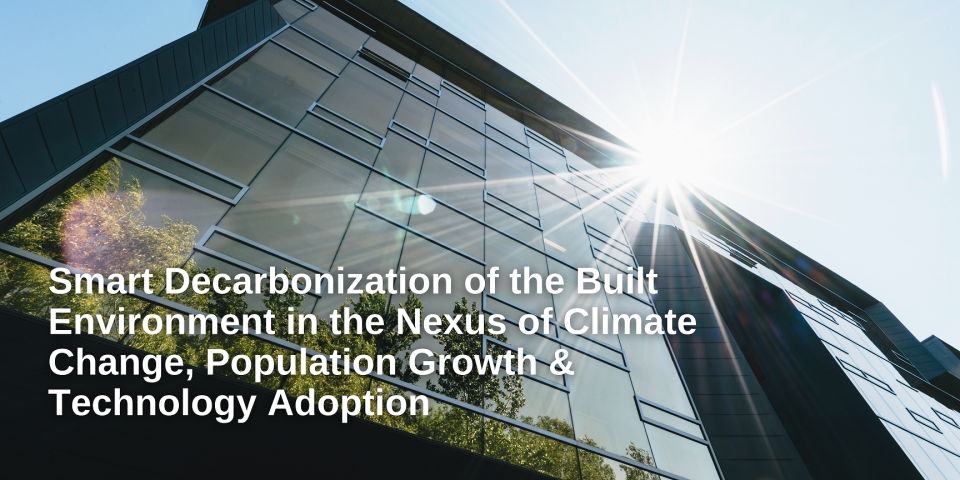
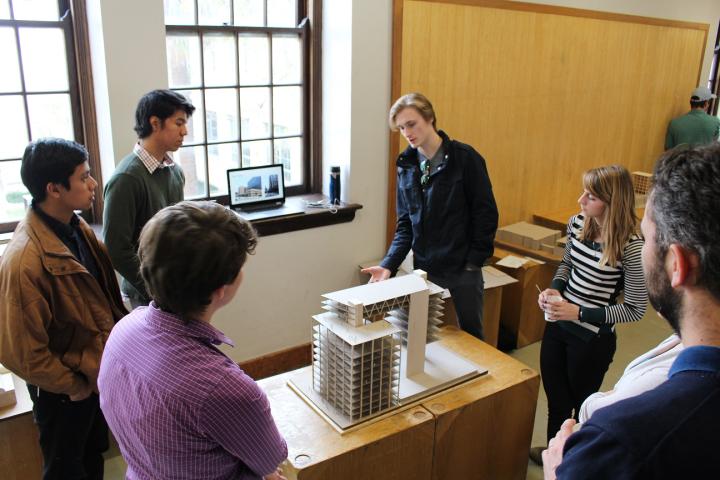
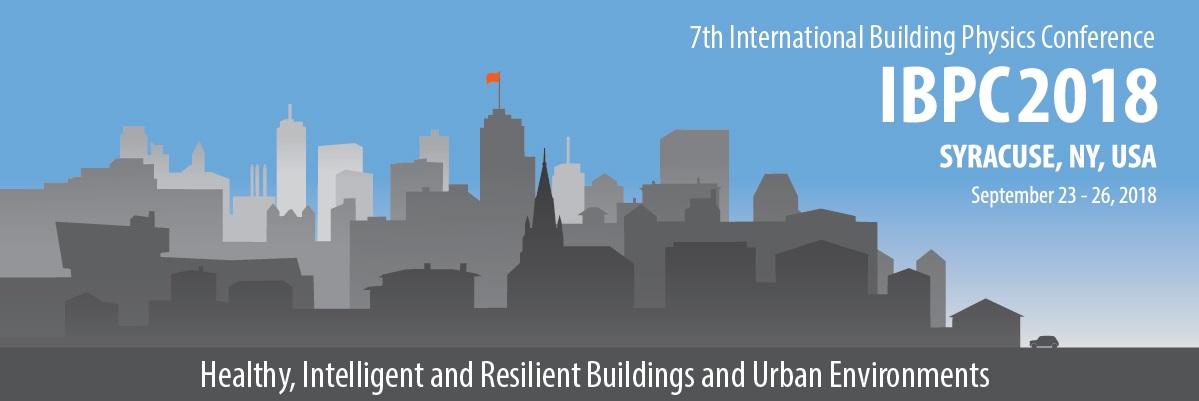
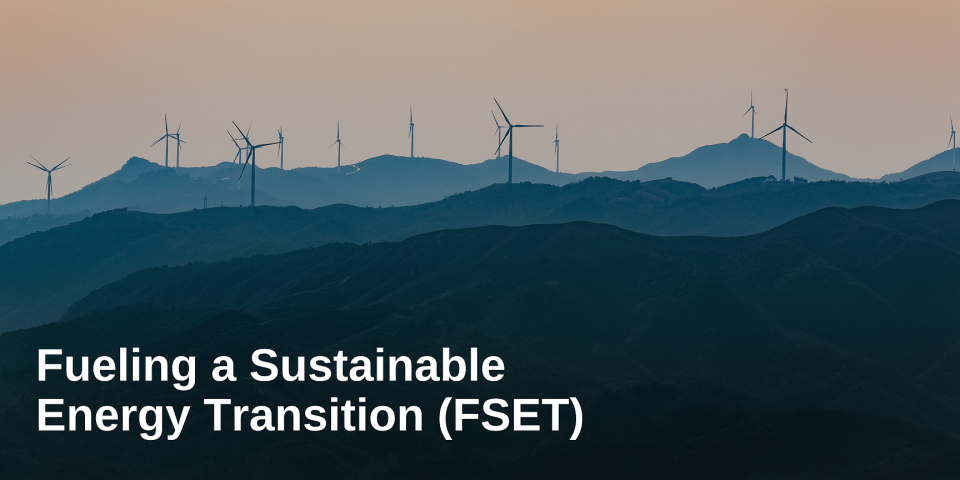
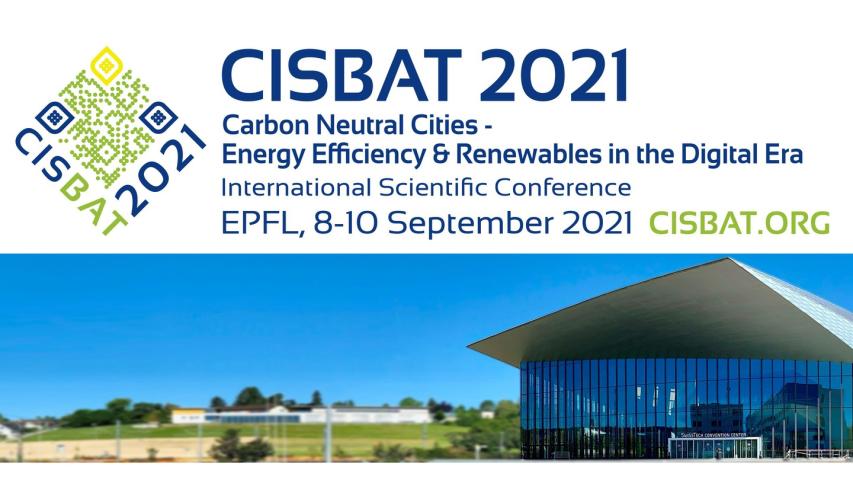
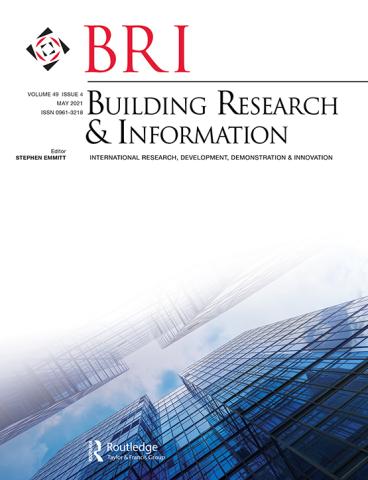
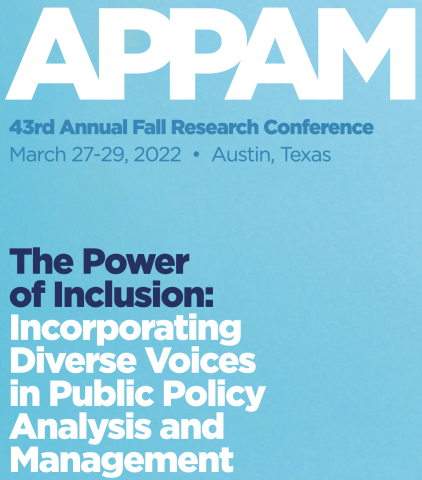
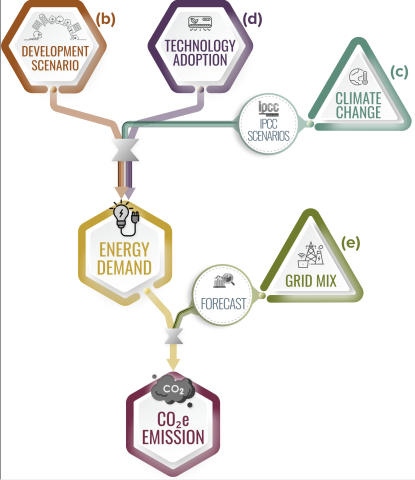
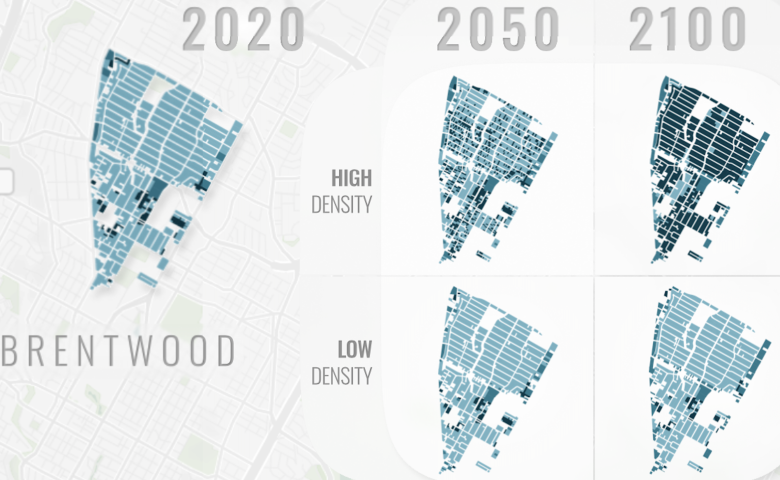
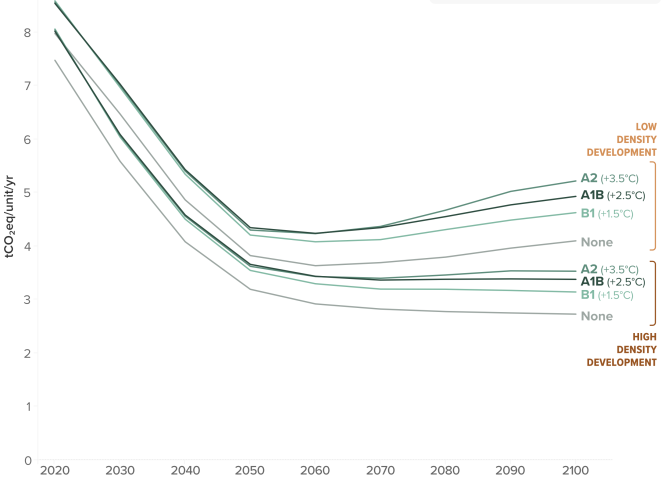
Juliana M. Felkner was born in Kansas City, Missouri, USA. She studied Architecture and Spatial Planning at the University of Kansas and the Royal Institute of Technology (KTH) in Stockholm, Sweden and Environmental Management at Aalborg University, Denmark. She then worked for Ateliers Jean Nouvel in Paris before moving to Zurich to conduct her Ph.D. research at the ETH Zurich in the Chair of Structural Design and the Chair of Structural Mechanics. In her doctoral thesis, she developed a multi-objective optimization algorithm for the design of building structures and facades with the lowest possible operational and embodied energy under various constraints and specific to four different climate zones. She is a member of the Swiss Society of Engineers and Architects (SIA). She is currently a tenure-track assistant professor at the School of Architecture, Community and Regional Planning, and serves as faculty and research advisor in the Graduate Program for Sustainable Design.
Dr. Felkner’s research and expertise have appeared in various outlets including the Journal of Architectural Engineering, receiving the best paper award, Bloomberg Tech, CISBAT’s Carbon Neutral Cities and Carbon Resilient Cities, and PLEA (Passive and Low Energy Architecture). She has served on the editorial board of Building Research Information since 2018. She has presented her work at the Austin Green Building Council and the American Institute of Architects.
Her research, work, and teaching address the societal and environmental challenges that come with increasing urbanization of the world. As up to 40% of global GHG emissions are attributed to the built environment, she focuses her research on strategies to deliver on climate change goals set forth by the Paris Agreement and the UN Sustainable Development Goals. Through modeling required reductions of operational and embodied carbon from the built environment, using life-cycle assessment, grid mix forecasting, energy modeling, and based on climate scenarios up to the year 2100, she presents decarbonization pathways for urban environments.
She acts as a consultant to local architects and builders on low-carbon design strategies and ways to mitigate the effects of climate change and urban heat islands.
These include findings on the interplay of material choice for building structures and facades, site planning, shading, technology adoption, land use, greenery, energy management, urban transformation, and policy. She aims to bridge academic findings with built works by engaging with stakeholders from the urban to the national and international levels. She is currently investigating the need for further inclusion of the role of inequity and environmental justice in setting carbon emission pathways.
Current and recent interdisciplinary funded projects include:
Energy Institute-funded research project, Funding a Sustainable Energy Transition: Smart Decarbonization of the Built Environment in the Nexus of Climate Change, Population Growth and Technology Adoption
Mentor for National Science Foundation project REU Site: Inclusive Student Training in Rapidly Urbanizing Climate-sensitive Terrains (InSTRUCT) on Urban Heat
Center for Sustainable Development project Combined Transportation, Emergency and Communication Center (CTECC) Interior Design Assessment: Improving the Built Environment of Emergency Operation Centers for COVID-19 and the Future
Planet Texas 2050 Bridging Barriers, Texas Metro Observatory
National Science Foundation-funded National Workshop on Architectural Faculty in Environmental Sustainability Research (WAFES) in Toronto.
Faculty Innovation Grant for the project, Form and Energy: Bridging Engineering and Architectural Education through a collaborative project utilizing interactive architectural models, sensors, control systems, and real-time data for energy-efficient and comfortable buildings.
In her teaching, she helps students integrate structural design, building systems, climate-responsive facades, and other sustainable design strategies into their studio designs. She advises graduate research in Sustainable Design, Urban Design, Community and Regional Planning, and in the School of Engineering.
EDUCATION
- Ph.D., Swiss Federal Institute of Technology (ETH) Zurich, Switzerland
- M.Sc. Spatial Planning / Built Environment, Royal Institute of Technology (KTH), Stockholm, Sweden
- Environmental Management courses, Aalborg University, Aalborg, Denmark
- Master of Architecture (MArch), University of Kansas School of Architecture, Design and Planning, USA
- BA English and Environmental Studies, University of Kansas, USA
PEER-REVIEWED PUBLICATIONS
Nagy, Z., Felkner, J., et.al., “IMPACT: Integrated Multi-Domain Emission Pathways for Cities Under Land-Use Policy, Technology Adoption, Climate Change and Grid Decarbonization” (under review) pre-print available here: https://arxiv.org/abs/2202.07458
Reeves, D.C., Beck, A., Felkner, J., Nagy, Z., Who makes It in the Long Run: Estimating Equity Impacts in Policy and Land Development Scenario Projections, Association for Public Policy and Management (APPAM), March 22, 2022.
Felkner, J., Mbata, E., “Energy analysis of Texas Metropolitan Areas for climate change mitigation using LiDar, CISBAT 2021 Carbon-neutral cities – energy efficiency and renewables in the digital era, Lausanne, J. Phys. Conf Ser. 2042.
Marshall, B., Felkner, J., et al, “Analysis of supplemental dehumidifcation for increased energy efficiency of shoulder seasons based on climate change predictions in Austin, Texas” CISBAT 2021 Carbon-neutral cities – energy efficiency and renewables in the digital era, Lausanne, J. Phys. Conf Ser. 2042.
Felkner, J., Marshall, B., et al, “Linking urban scenarios with energy simulations for dense urban planning under climate change” Journal of Physics Conf. Ser. 2042.
Patil, V., Bizcarguenaga, M., Lieberknecht, K, Felkner, J., “Retrofitting solutions for a campus building to mitigate urban heat island in a hot humid climate” 2021 J. Phys.: Conf. Ser. 2042
Uckok, I., Addington, M., Felkner, J., “The impact of daylight presence on cooling strategies” energy simulations of a test room in Austin, Texas and Geneva, Switzerland.” 2021 J. Phys.: Conf. Ser. 2042.
Demir Dilsiz, A., Vazquez-Canteli, J., Felkner, J., Nagy, Z., “Future Refurbishment and Reconstruction Scenarios Using CityDNN Under the Impact of Climate Change.” PLEA 2020 Planning Post Carbon Cities.
Dilsiz, A.D., Felkner, J., Habert, G., Nagy, Z. “Embodied versus operational energy in residential and commercial buildings: where should we focus?” Journal of Physics: Conference Series 1343 (1), 012178. Journal of Physics: Conference Series 2019 Nov 1). IOP Publishing.
Felkner, J., Brown, J. Vazquez-Canteli, J., Nagy, Z. “Urban Densification and Housing Typology for Climate Change Mitigation” CISBAT Climate Resilient Cities- Energy Efficiency and Renewables in the Digital Era, 2019 International Scientific Conference EPFL Lausanne, Switzerland.
Felkner, J., Brown, J., Vázquez-Canteli, J., Schutte, R., Castejón, N., Nagy, Z., “The Impact of Climate Change and Envelope Retrofit on Urban Energy Consumption, Comfort, and Overheating in Austin, Texas” PLEA 2020 Planning Post Carbon Cities.
Felkner, J., Chatzi, E., Schwartz, J. “Framework for Balancing Structural Efficiency and Operational Energy in Tall Buildings” Journal of Architectural Engineering, 2019 25(3). *Best paper award.
Bixler, P.R., Lieberknecht, K., Leite, F., Felkner, J., Oden, M. Richter, S., Atshan, S., Zilveti, A., Thomas, R. “An Observatory Framework for Metropolitan Change: Understanding Urban Social–Ecological–Technical Systems in Texas and Beyond” Sustainability, July, 2019.
Kim, D., Felkner, J. “A Sustainable Strategy to Balance Between Historic Preservation and Sustainable Development in Washington DC”, ASCE International Conference on Computing in Civil Engineering (I3CE) 2019
Kim, D., Felkner, J., “A Sustainable Approach to the Adaptive Reuse of Historic Brick Buildings: Analysis of Energy Efficiency Strategies for Historic Façade Retrofits” International Building Physics Conference (IBPC) 2018 Syracuse N.Y.
Felkner, J., Schwartz, J., and Chatzi, E. “Tall Buildings: Structure and Energy,” in Passive and Low Energy Architecture (PLEA), Edinburgh, 2017
Felkner, J. “Multi-objective design balancing structural, environmental, and architectural considerations.”, PhD Thesis, ETH Zurich, 2016 doi: 10.3929/ethz-a-010689078
Felkner, J., Chatzi, E., and Kotnik, T. “Interactive Truss Design using Particle Swarm Optimization and NURBS curves” Journal of Building Engineering, vol 4, pp. 60-74, 2015 doi: 10.1016/j.jobe.2015.08.004
Felkner, J., Chatzi, E., and Kotnik, T. “Interactive particle swarm optimization for the architectural design of truss structures.” In Proc. IEEE Symp. on Comp. Intelligence for Engineering Solutions (CIES), 2013, pp. 15-22, doi: 10.1109/CIES.2013.6611723
Felkner, J., Chatzi, E., and Kotnik, T. “Architectural feedback in the structural optimization process.” In Proc. Structures and Architecture: Concepts, Applications, and Challenges, 2013 doi: 10.1201/b15267-95
Felkner, J., Chatzi, E. “Effect of Structure and Morphology on Natural Ventilation Potentials, Comfort, and Energy Use in Tall Buildings”, in Proc. 8th Windsor Conference: Counting the Cost of Comfort in a changing world, 2014
WHITE PAPERS/REPORTS/NON PEER-REVIEWED PUBLICATIONS
Felkner, J. “Climate Change, Population Growth, and Energy Consumption in Texas,” in Sustainable Design – Innovation on Middle Ground, PLATFORM Magazine, School of Architecture, University of Texas at Austin, 2021.
Daepp, M., Fitzmaurice, H., Janzen, S., Ponce, J., Roseway, A., Felkner, J., Copfer, W., Pinfold, W., Niyogi, D., “Popping into Focus: Community Engagement for Environmental Impact and Awareness”, EcoPod Publications, Microsoft Research, July 2020.
Felkner, J. “Vertical Extensions for Austin, Texas: Experiments in Balancing Urban Densification and Historic Preservation” in Complexity, Scale, Power, PLATFORM Magazine, School of Architecture, University of Texas at Austin, 2019.
Lieberknecht, K., Oden, M., Leite, F., Bixler, P., Felkner, J., et. al., “People, Land and Water: Stories of Metropolitan Growth,” Texas Metro Observatory Report for Planet Texas 2050 Bridging Barriers, University of Texas at Austin, 2019.
